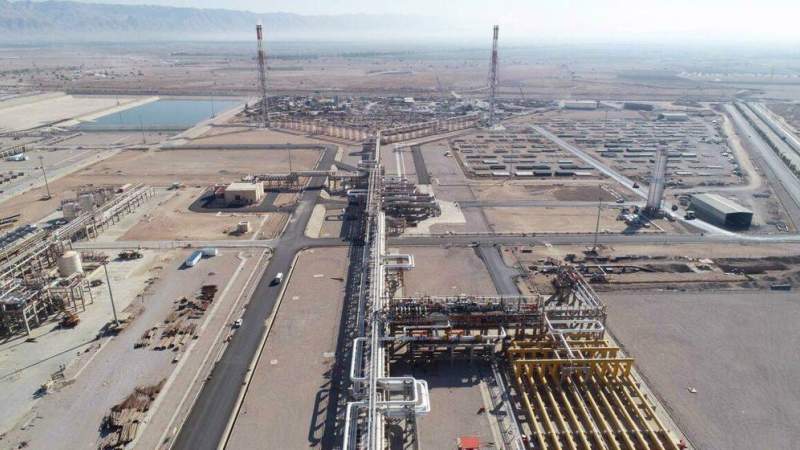The Iranian oil ministry has rejected reports claiming that some of its key oilfields near the Iraqi border have been targeted in Israel’s aggression against the country.
In a statement issued Sunday, the ministry confirmed that no oilfields or oil production and storage facilities in the southwestern province of Khuzestan had been affected by the Israeli drone and missile attacks, which began on June 13.
It added that installations and facilities located in two oil-rich regions of Ahvaz and West Karun, located near the border with Iraq, remain fully operational.
The statement came amid speculations that Israeli attacks had disrupted the flow of oil to Iranian export terminals and refineries, sparking concerns over potential fuel shortages for motorists.
Khuzestan province accounts for a significant portion of Iran’s crude oil output and is home to some of the world’s oldest and largest oil installations.
The Israeli regime has been targeting Iran’s civilian infrastructure since it launched its wanton and unprovoked aggression on the country more than a week ago.
On June 14, explosions were reported at natural gas refineries along the Persian Gulf coast after Israel carried out drone attacks on two facilities using small unmanned aerial vehicles (UAVs).
The two refineries resumed operations the following day with oil ministry officials confirming that the attacks had not disrupted natural gas supplies to customers.
A day later, on June 15, Israeli UAVs targeted water supply mains in a densely populated neighborhood in northern Tehran, causing a brief disruption in water services in the area.
Israel’s continued attacks on civilian infrastructure have prompted Iran to revise its response strategy against the regime, with authorities saying that Iran’s retaliatory missile and drone attacks on Israel have covered its economic lifelines.

